5 Ways the Galaxy S11 Could Beat iPhone 11
How Samsung’s next flagship could overtake Apple
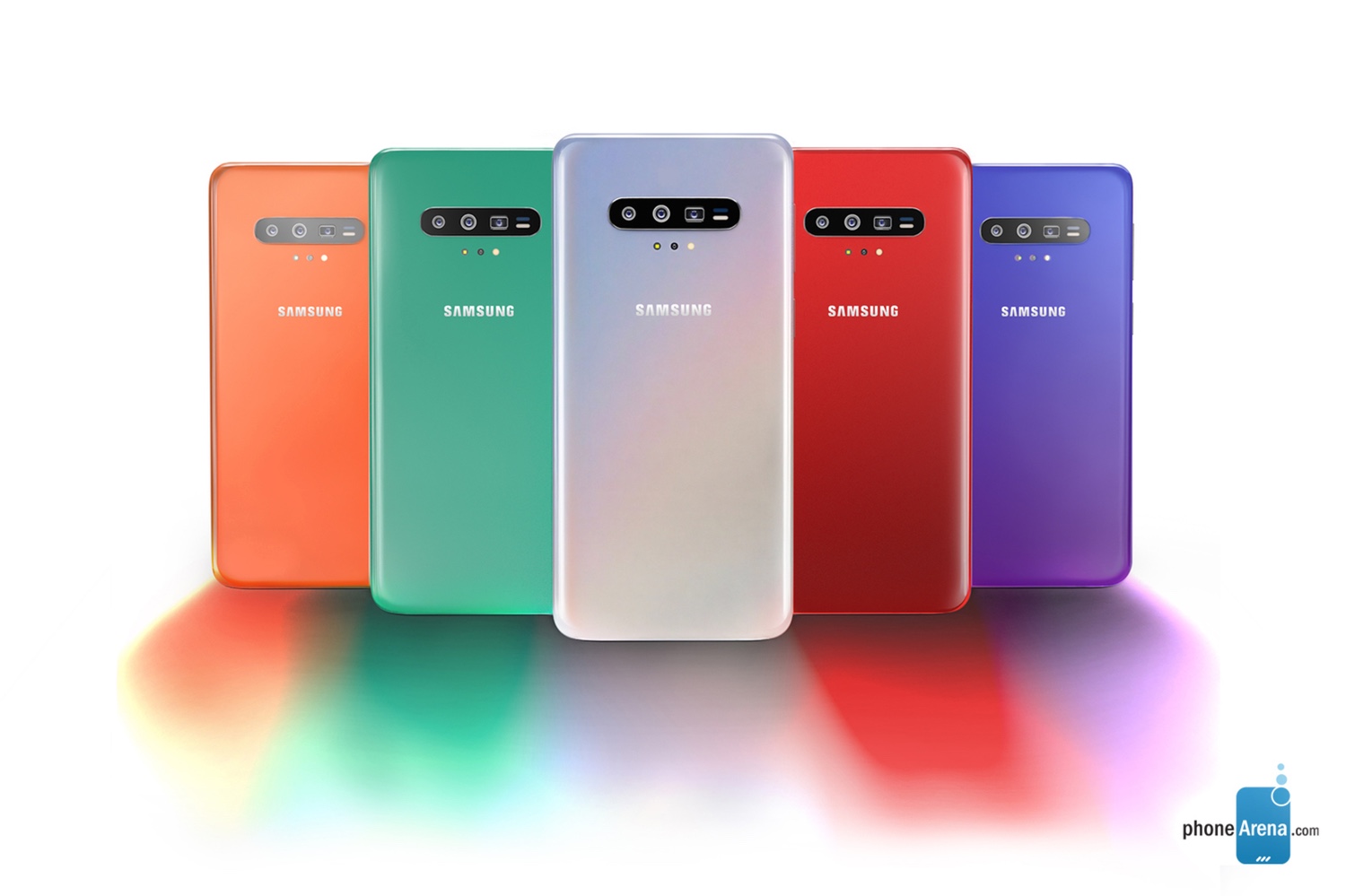
Here at Tom’s Guide our expert editors are committed to bringing you the best news, reviews and guides to help you stay informed and ahead of the curve!
You are now subscribed
Your newsletter sign-up was successful
Want to add more newsletters?

Daily (Mon-Sun)
Tom's Guide Daily
Sign up to get the latest updates on all of your favorite content! From cutting-edge tech news and the hottest streaming buzz to unbeatable deals on the best products and in-depth reviews, we’ve got you covered.

Weekly on Thursday
Tom's AI Guide
Be AI savvy with your weekly newsletter summing up all the biggest AI news you need to know. Plus, analysis from our AI editor and tips on how to use the latest AI tools!

Weekly on Friday
Tom's iGuide
Unlock the vast world of Apple news straight to your inbox. With coverage on everything from exciting product launches to essential software updates, this is your go-to source for the latest updates on all the best Apple content.

Weekly on Monday
Tom's Streaming Guide
Our weekly newsletter is expertly crafted to immerse you in the world of streaming. Stay updated on the latest releases and our top recommendations across your favorite streaming platforms.
Join the club
Get full access to premium articles, exclusive features and a growing list of member rewards.
With Apple’s trio of new iPhone 11 devices, the company managed to leapfrog the Galaxy S10 and Galaxy Note 10 in a few important ways, including camera quality, performance, screen brightness and battery life (for most models). In fact, the iPhone 11 Pro Max tops our best smartphones list, and the iPhone 11 beats the Galaxy S10e in terms of bang for the buck.
Apple caught up to Samsung in another way by finally offering fast charging on the iPhone 11 Pro and Pro Max. But Samsung has something big on the horizon in the Galaxy S11. We expect a new design and major upgrades from the Galaxy S11 lineup, and Samsung could take back the mantle of best phone.
Here are 5 ways Samsung could beat the iPhone 11 with the Galaxy S11.
A breakthrough 64MP or 108MP camera
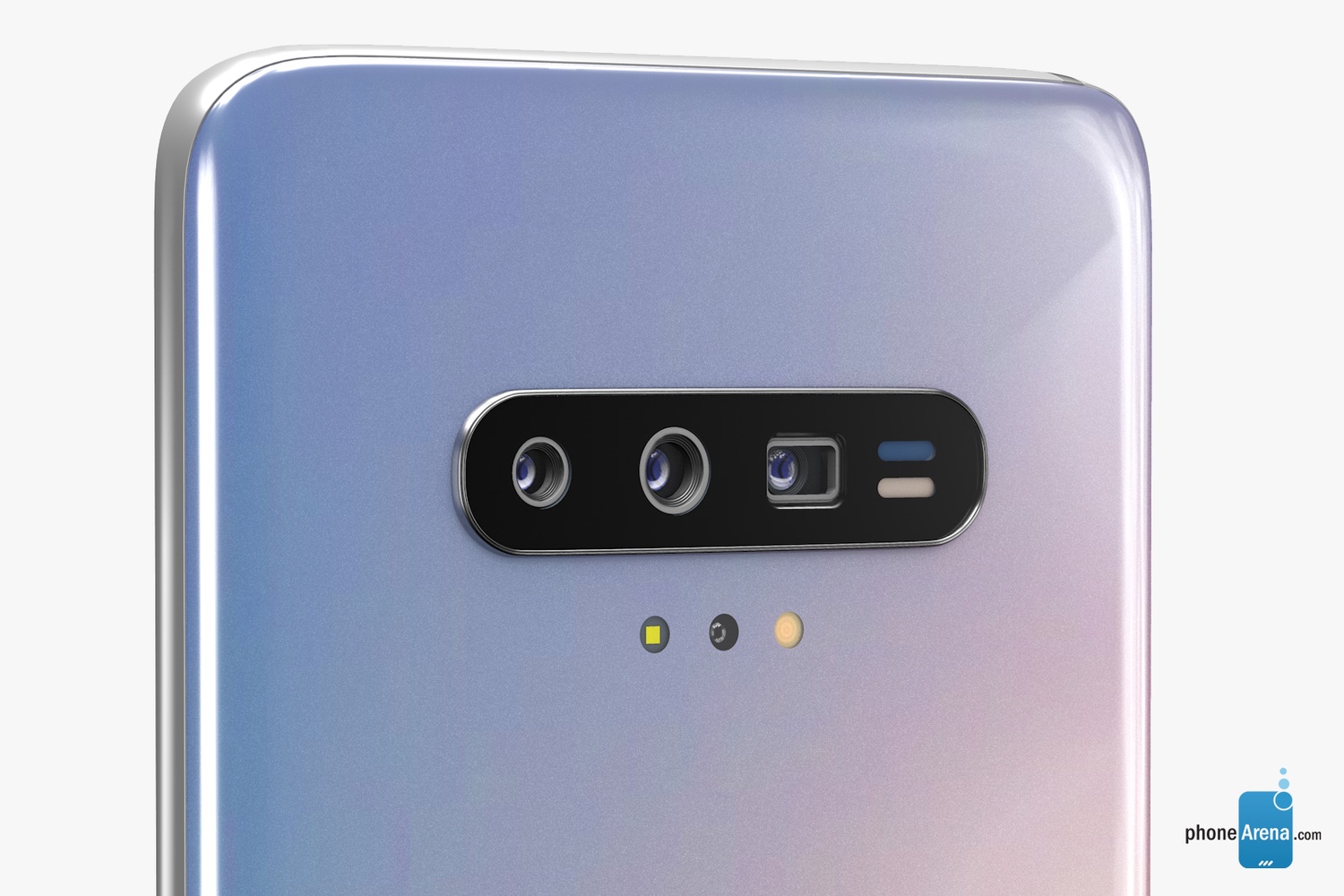
If you’ve been reading up on any of the Galaxy S11 rumors, you know that Samsung is bringing out the photography big guns for the launch of its next flagship. Reports say that the Galaxy S11 could feature a powerful 108-megapixel camera sensor that would deliver unparalleled levels of detail. Samsung has also been working on a 64-MP sensor, in case the 108MP camera isn't ready in time, and even the 64-MP camera looks very impressive based on the first photo sample.

The Galaxy S11 will also reportedly offer at least a 5x optical zoom via a periscope-like design. So the camera should be fairly flush with the rest of the design. The iPhone 11 Pro and Pro Max are still stuck on a 2x telephoto zoom. I just hope Samsung finds a way to improve its portraits, as Galaxy phones still have a tendency to wash out faces.
The Touch ID you wish you had
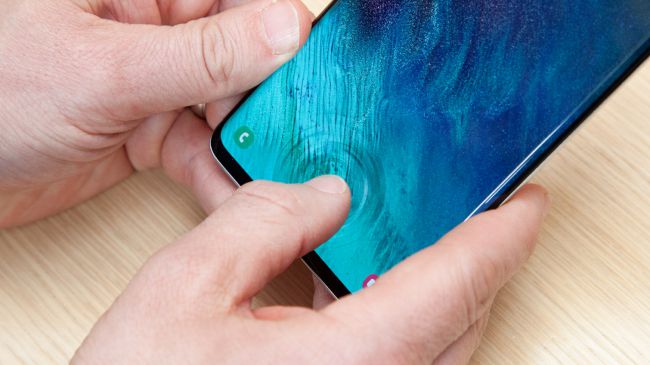
While the iPhone 11 makes due with Face ID for unlocking your device, some people really miss the simplicity of speed of Touch ID on earlier iPhones. Samsung took a step forward with the ultrasonic fingerprint sensor under the Galaxy S10’s screen, but it proved finicky at times. The Galaxy S11 should offer a major upgrade.
According to a report, Samsung is planning to improve the fingerprint-sensing tech on the Galaxy S11 by expanding the size of the sensing care from 36 square millimeters to 64 millimeters. That way you’re much less likely to register false negatives or miss your target. Rumor has it that Apple could be bringing a revamped version of Touch ID to the iPhone 12, but that’s many months away.
Get instant access to breaking news, the hottest reviews, great deals and helpful tips.
A true full-screen design (sans notch)
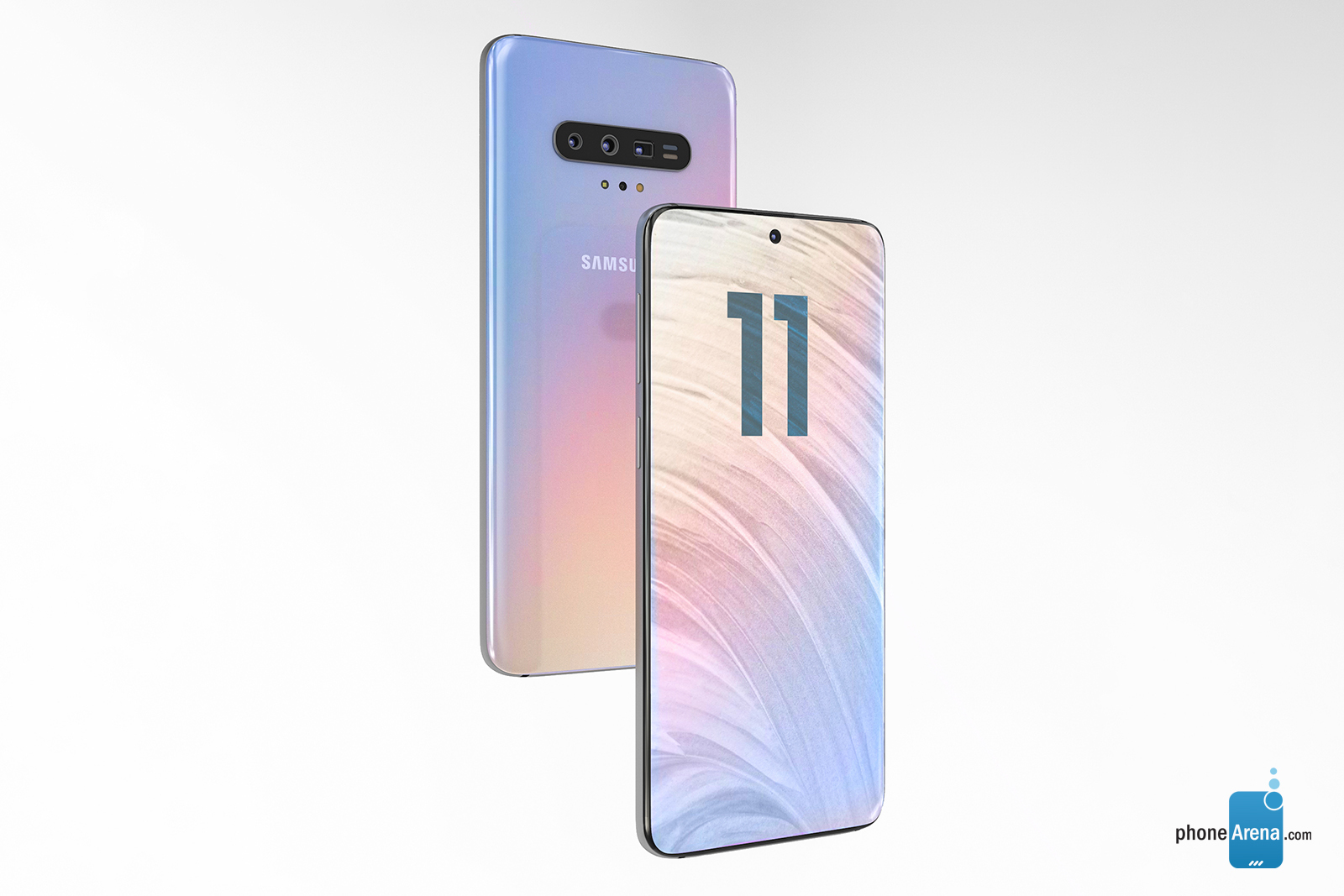
The Galaxy S11 could offer a true full-screen design without a punch hole or notch. Samsung has been working on under-display camera that could become invisible when not in use. There’s no guarantee that this tech will be ready in time for the Galaxy S11, but it could happen. Regardless, the Galaxy Note 10’s front cutout for the front camera is already smaller than the notch on the iPhone 11 models, so the Galaxy S11’s punch hole should be considerably smaller than the S10’s if not invisible.
5G built in
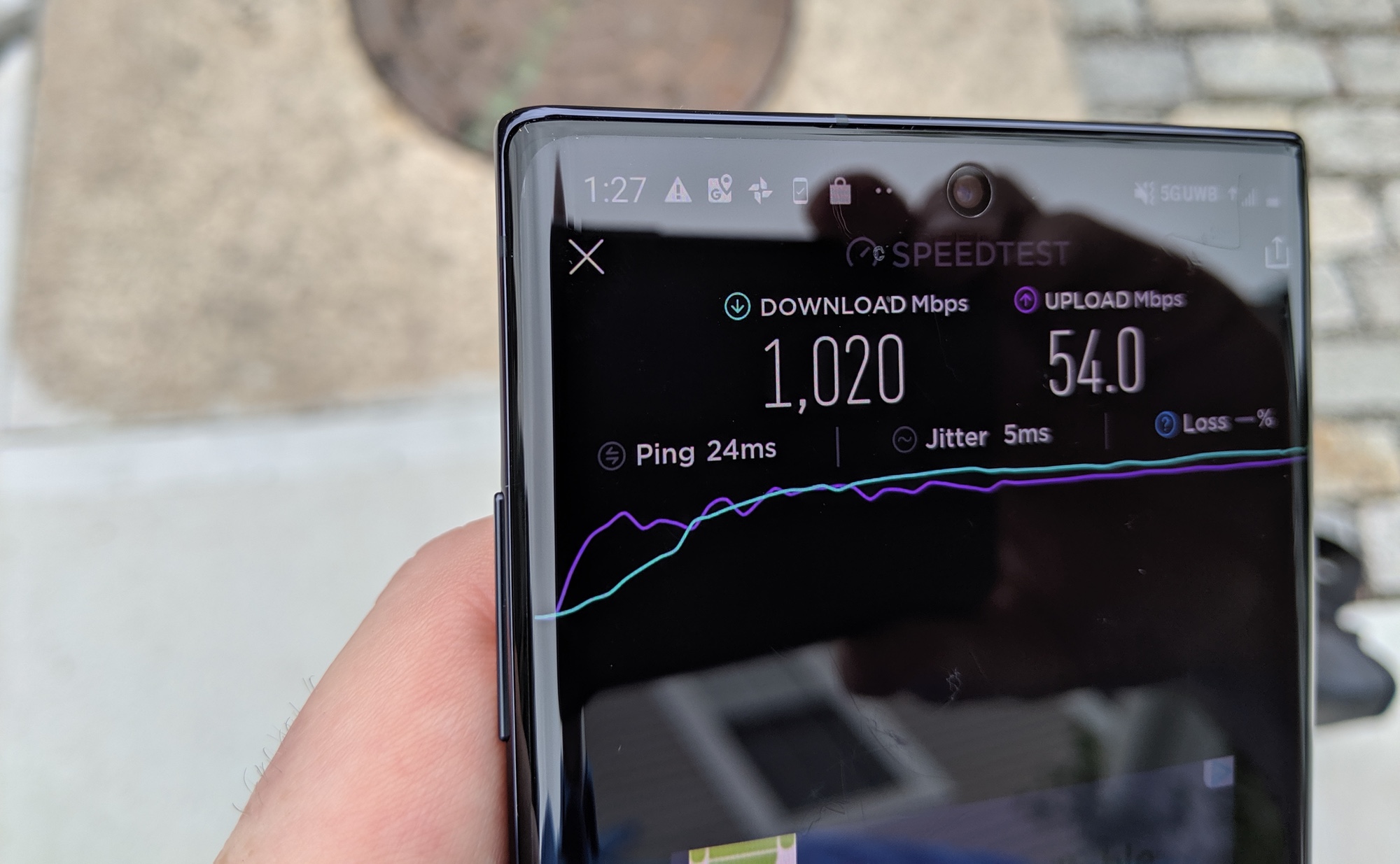
Right now we’re not that high on 5G phones because the major carriers are still lighting up cities, but 5G networks should be a lot more widespread by March of 2020. The rumor is that Qualcomm’s upcoming Snapdragon 865 processor will have an integrated 5G modem, which should make offering 5G connectivity more efficient and less expensive. None of the iPhone 11 models offer 5G, but the iPhone 12 is expected to change that.
A spectrometer
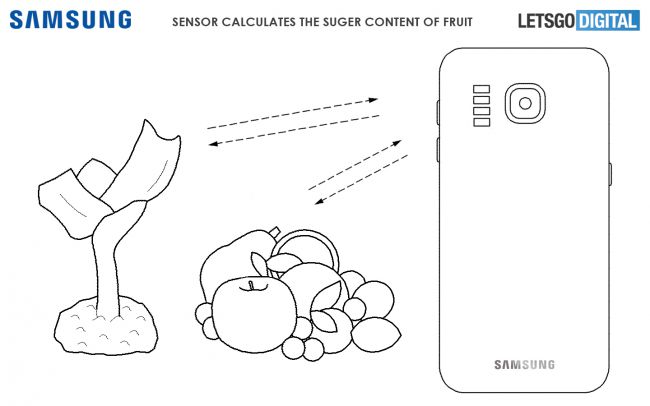
It sounds like science fiction, but imagine if you could point your phone at an object to determine its composition. That’s exactly what the Galaxy S11 could do with its rumored built-in spectrometer. A spectrometer shines an infra-red beam of light at an object and analyzes the energy waves that bounce back.
According to a recently revealed patent, Samsung is working on integrating a spectrometer into a phone, which would allow users to figure out the nutritional content of food, including carbohydrates and fats. This feature may not make it into the Galaxy S11, but it would be an intriguing feature for health-conscious shoppers.
Mark Spoonauer is the global editor in chief of Tom's Guide and has covered technology for over 20 years. In addition to overseeing the direction of Tom's Guide, Mark specializes in covering all things mobile, having reviewed dozens of smartphones and other gadgets. He has spoken at key industry events and appears regularly on TV to discuss the latest trends, including Cheddar, Fox Business and other outlets. Mark was previously editor in chief of Laptop Mag, and his work has appeared in Wired, Popular Science and Inc. Follow him on Twitter at @mspoonauer.
 Club Benefits
Club Benefits











